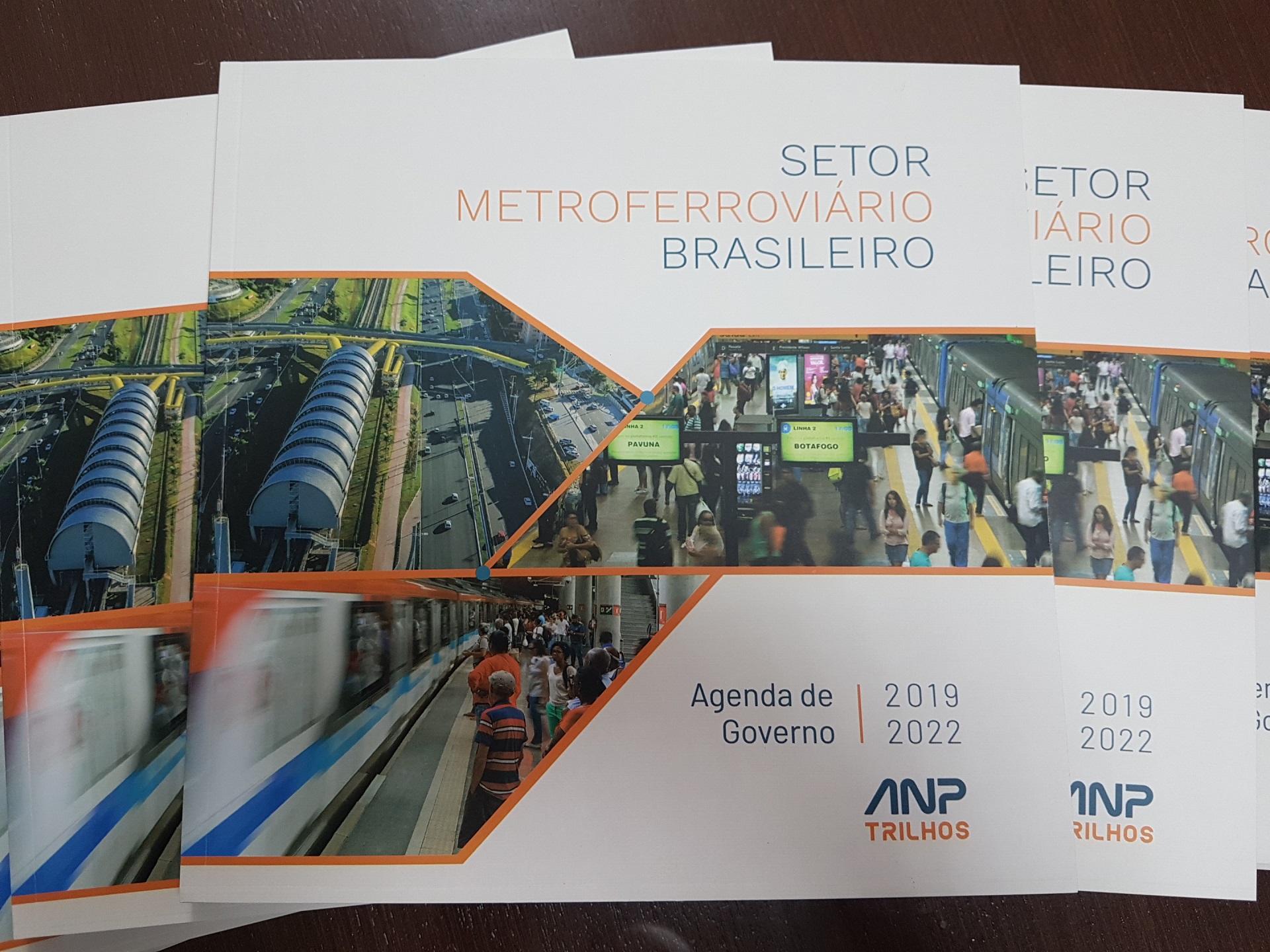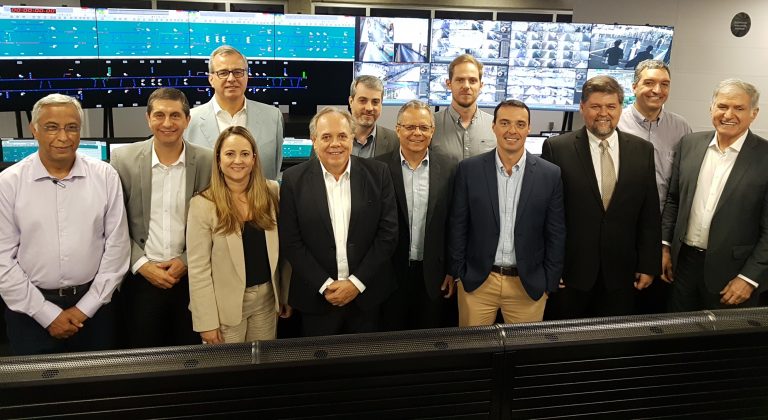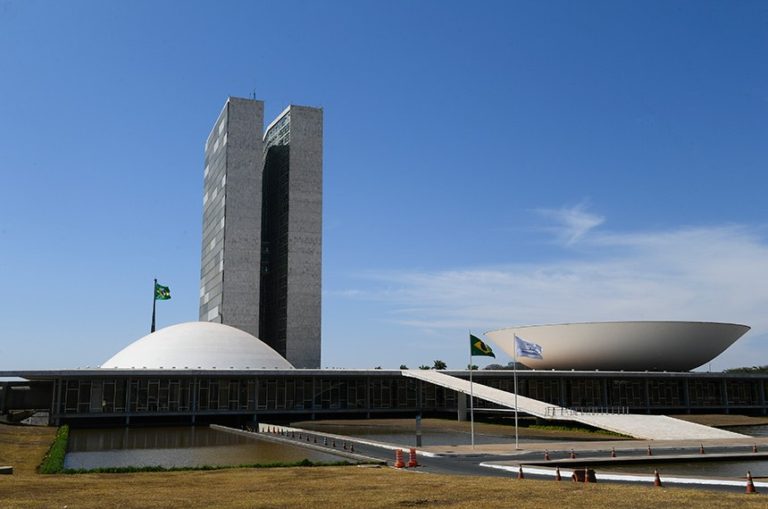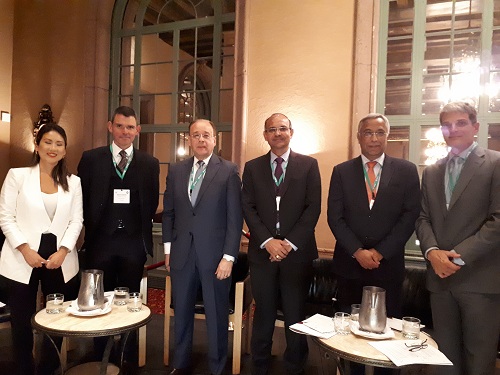National Association of Passenger Rail Operators has launched Brazilian Metro Rail Sector Governmental Agenda 2019-2022, which brings together the proposals of the sector for the elaboration of public policies during the period between 2019 and 2022.
Directed to cities, states and national spheres, the document also presents sectoral claims that may result in improvement to the quality of service provided to millions of citizens, consolidating legal certainty, as well as the sustainability of the sector’s businesses, opening space for expansion of high capacity transportation for Brazilians.
The Governmental Agenda 2019-2022 is classified in priority proposals and five thematic axes, which are the main themes of this document. Are they:
• Priority Proposals
• Theme I – Institutional and Regulatory Environment
• Theme II – Operating Cost Reduction
• Theme III – Project Financing and Feasibility
• Theme IV – Tariff Modality
• Theme V – Sustainability
“The great problem of mobility experienced in cities and metropolitan regions is a reflection of the high rate of urbanization in Brazilian cities, which are becoming increasingly dense and interconnected, together with the deficiency of integrated transport planning, which organizes large flows, as well as persistent dependence on fossil fuel-based transport systems. Among the topics that we defend in this document is the implementation of a structural model of high capacity transportation, which will focus on rail transportation, such as the train or subway, for example, properly integrated with tariffs and physically to other modals and tariff modality”, highlights the President of ANPTrilhos, Joubert Flores.
“O grande problema de mobilidade vivenciada nos municípios e nas regiões metropolitanas é reflexo da elevada taxa de urbanização das cidades brasileiras, cada vez mais densas e interligadas, aliada à deficiência de um planejamento integrado de transportes, que estruture os grandes fluxos, bem como à insistente dependência de sistemas de transporte baseados em combustíveis fósseis. Entre os temas que defendemos neste documento está a implantação de um modelo estruturante de transporte de alta capacidade, que tenha como protagonista o modo de transporte sobre trilhos, como o trem ou metrô, por exemplo, devidamente integrado tarifária e fisicamente a outros modais, com modicidade tarifária”, destaca o Presidente da ANPTrilhos, Joubert Flores.
Ckick here to learn more about the Brazilian Metro Rail Sector Governmental Agenda 2019-2022, in Portuguese





